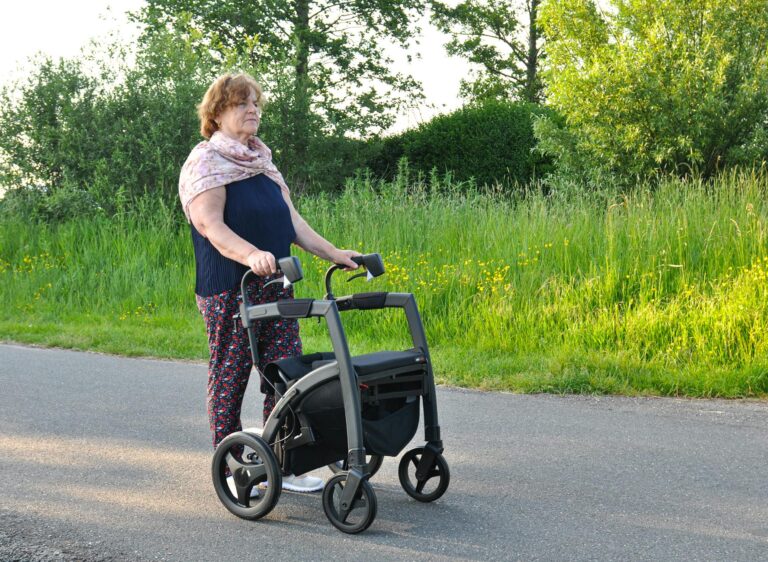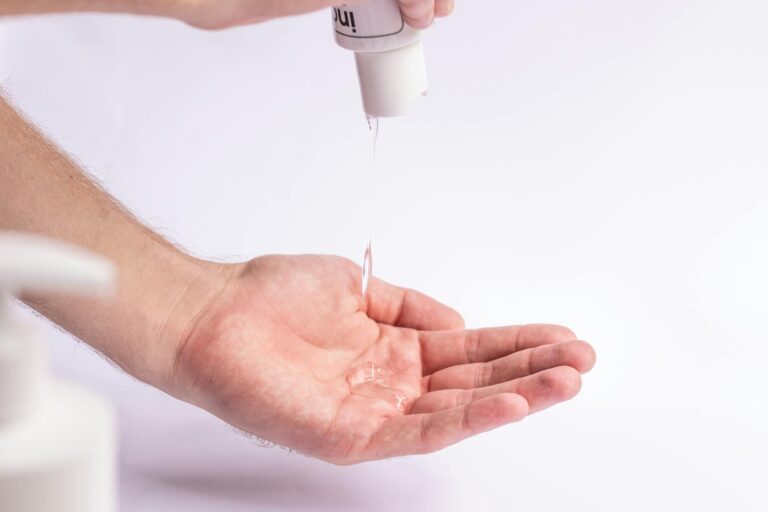Personal hygiene is a crucial aspect of overall health and well-being, but it can become a challenge for individuals with dementia. Dementia is a neurodegenerative disorder that affects memory, thinking, and behavior, making it difficult for the person to remember to perform basic self-care tasks such as bathing and brushing their teeth. As a result, the individual may neglect their personal hygiene, which can lead to skin irritation, infection, and other health problems.
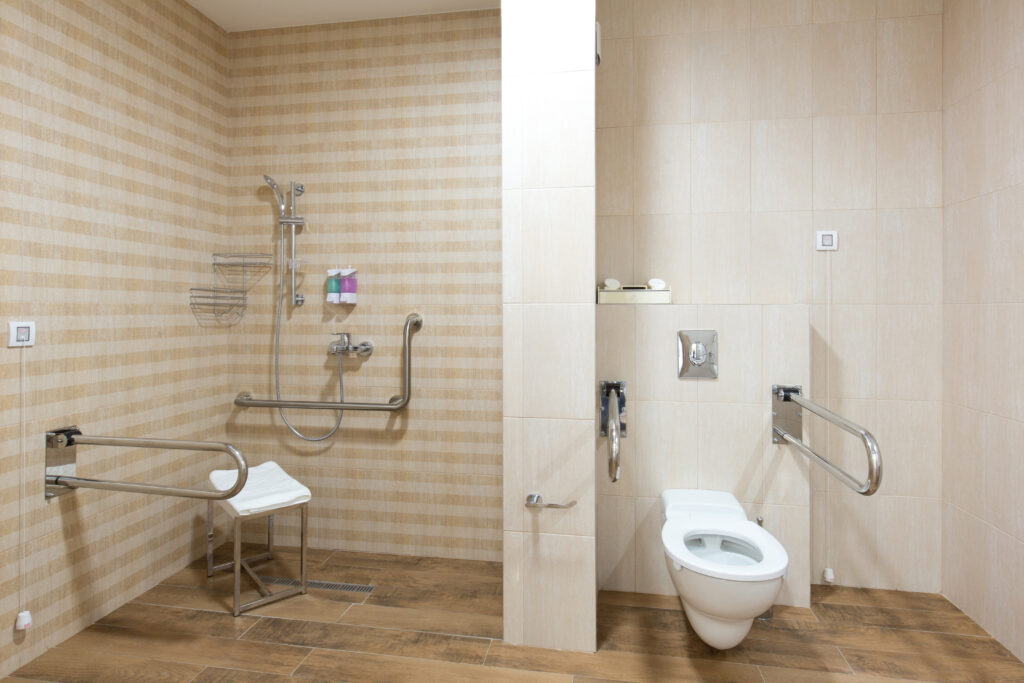
People with dementia may experience fear or anxiety when it comes to showering or bathing. This can be due to a variety of reasons such as:
- Sensory changes: Changes in the sense of touch or temperature may make bathing or showering uncomfortable.
- Disorientation: The person may feel disoriented or confused in the bathroom and not understand what is happening.
- Fear of falling: The person may fear falling in the shower or bath, which can be a common fear among older adults.
- Past experiences: Negative past experiences, such as slipping or falling in the bathroom, can also lead to fear or anxiety.
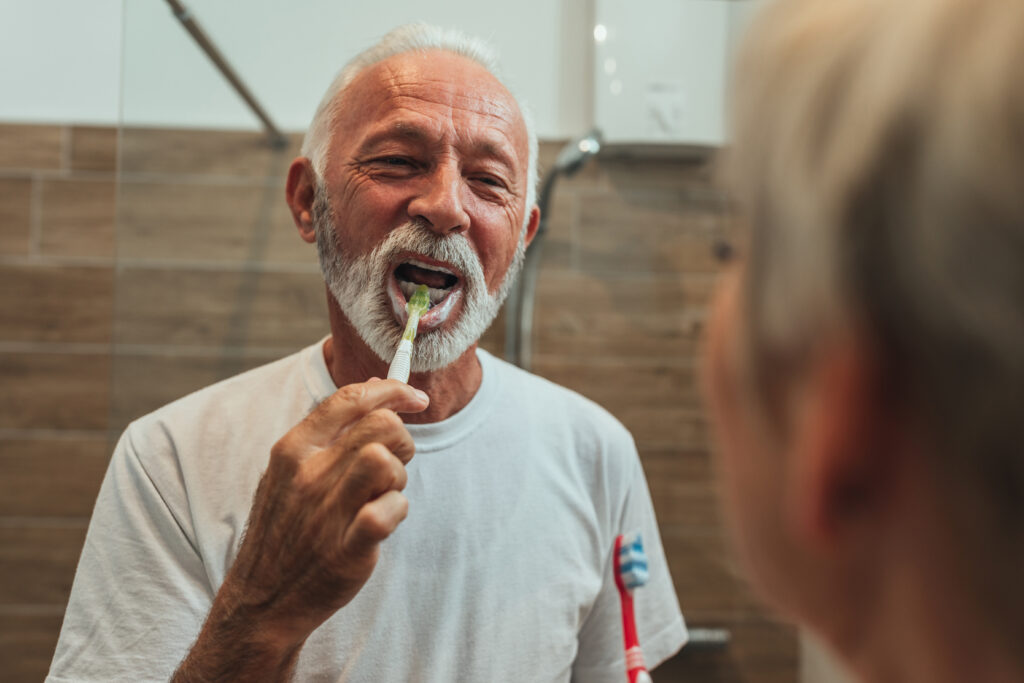
People with dementia may be afraid of washing for several reasons. Changes in the sense of touch, temperature, or pain may make bathing uncomfortable and cause fear and anxiety. The person may feel confused or disoriented in the bathroom, not understanding what is happening, which can lead to fear. Additionally, the fear of falling in the bathtub or shower, which is a common fear among older adults and those with dementia, may contribute to this fear.
Consider your loved one’s potentially negative past experiences, such as slipping or falling in the bathroom, can also lead to fear and anxiety when washing. Finally, changes in cognitive function, such as memory loss, can cause confusion and make the person with dementia unsure of what is happening during washing. Understanding and respecting the person’s fears and finding ways to make the experience less overwhelming and more comfortable for them is crucial in dealing with this issue. In some cases, professional assistance may be necessary to help the person overcome their fear of washing.
Here are some tips for caring for someone with dementia who struggles with personal hygiene:
- Create a routine: Establishing a daily routine for personal hygiene can help the person with dementia remember when to clean themselves and what steps to take. For example, make showering a part of the morning routine, or brush teeth after every meal.
- Offer choices: People with dementia may feel more in control and cooperative if they are given choices. Offer different types of soap, shampoo, toothbrushes, and other personal care products to make the process feel more personal and enjoyable.
- Use visual cues: Placing signs in the bathroom, or using visual aids such as photographs or illustrations to demonstrate the steps involved in personal hygiene tasks can help the person with dementia understand what they need to do.
- Make the environment safe: People with dementia may experience a decline in their balance and coordination, making them more prone to slipping and falling, especially in the bathroom where the floor can be slippery.Ensure that the bathroom and shower are safe for the person with dementia. Remove tripping hazards, install grab bars and non-slip mats, and keep the water temperature at a safe level.
- Encourage participation: Encouraging the person with dementia to participate in their personal hygiene routine can help them feel more involved and empowered. Assist the person with tasks such as lathering soap, rinsing hair, or brushing their teeth, but let them do as much as they can on their own.
- Use positive reinforcement: Encourage the person with dementia with positive reinforcement, such as praise and verbal rewards, for their efforts in maintaining personal hygiene. This can help build their self-esteem and make the process more enjoyable.
- Be patient and understanding: People with dementia may resist personal hygiene routines because they feel frustrated, confused, or embarrassed. It is important to be patient and understanding, and avoid becoming frustrated or angry.
- Seek professional help: If the person with dementia is struggling with personal hygiene, it may be helpful to consult with a healthcare professional or a specialist in dementia care for additional support and guidance.
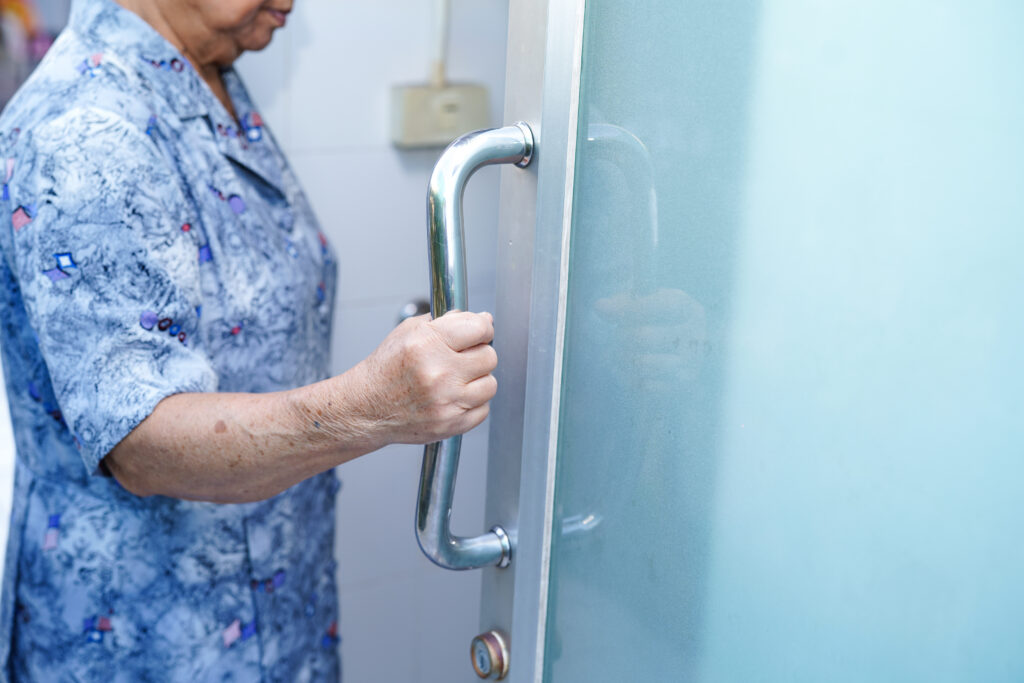
Maintaining personal hygiene can be a challenge for people with dementia, but with the right approach and support, it can be done. By following these tips, family caregivers can help the person with dementia feel more comfortable, confident, and secure in their personal hygiene routine.
